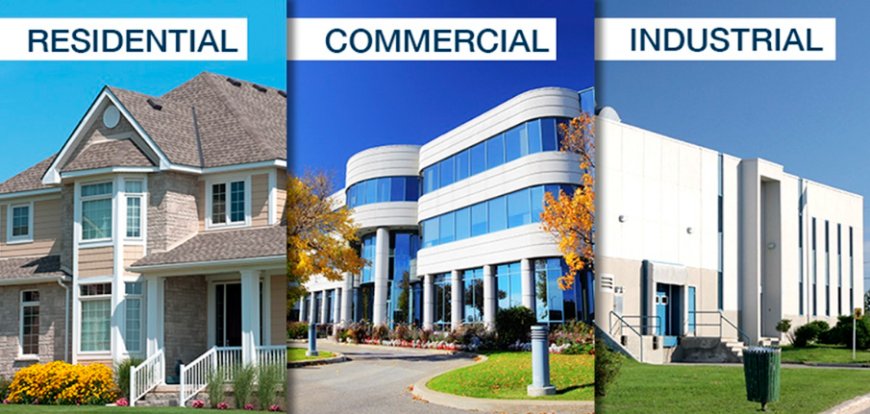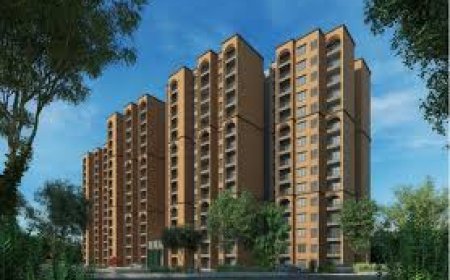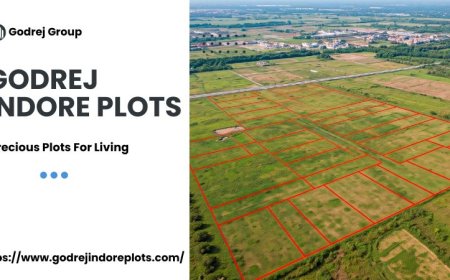Different Types of Real Estate Property In India

In India, a wide array of property types caters to diverse needs and preferences. When considering purchasing a property, the question often arises: which type of property best meets one's requirements? Should one opt for a plot, a flat, or an individual home? Understanding the various types of properties available in India is crucial for making an informed decision. Let's explore the different categories of properties found in India.
Housing Property
Housing or residential properties dominate the real estate market as the most commonly invested type. These include:
- Single-family houses
- Apartments/flats
- Villas
- Condos
- Townhouses
- Duplexes
- Multifamily residences
- Cooperative residences
Each category has unique investment prospects. For instance, an individual house typically appreciates in land value over time, whereas a flat may not retain its value as well after 10-15 years of use.
Commercial Property
Commercial properties are designed for business activities such as shopping centers, restaurants, schools, and hospitals. These properties are categorized based on their proximity to the city center:
- Primary
- Secondary
- Tertiary
Commercial properties tend to be more expensive than residential ones. Investors rely on income statements, and operational costs include sales transactions, new construction costs, and tenancy expenses. These factors serve as performance indicators for business investments.
Industrial Property
Industrial properties include land and buildings designated for manufacturing or factory use. Typically located on the outskirts of urban areas to minimize pollution exposure to residents, these properties are situated in specific zones to avoid disrupting residential and commercial areas. Industrial investments can be risky and costly for beginners, but they often yield high returns on investment for those who manage successfully.
Land Investment
Undeveloped land represents one of the cheapest and safest investment options. It is segmented into agricultural and non-agricultural sections and further divided into smaller plots. Land investments are fundamental, easy to finance, and generally have low maintenance and property tax costs. While loans for land investments may come with higher interest rates compared to residential loans, the potential for significant future returns makes land a wise investment choice.
Conclusion
Each type of property investment carries certain risks, but the benefits often outweigh these concerns. Whether you're looking for a home to live in, an asset for future appreciation, or land with high leverage value, it's essential to assess your requirements and consider the potential growth of the property. By understanding the diverse property options available in India, you can make a more informed and beneficial investment decision.
What's Your Reaction?

























































